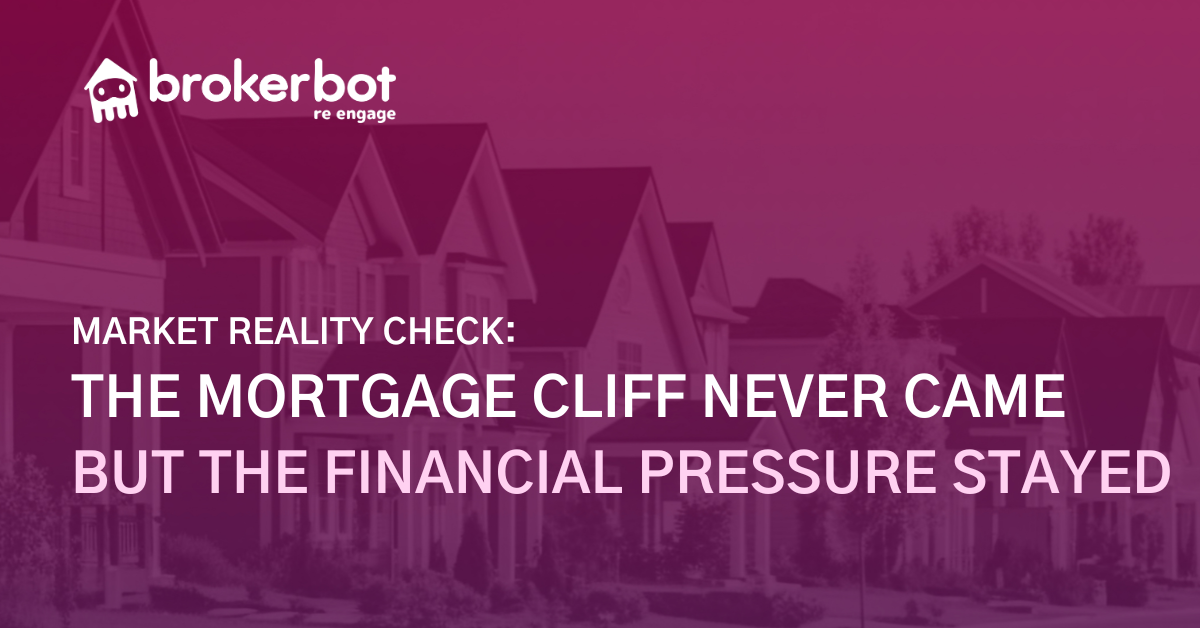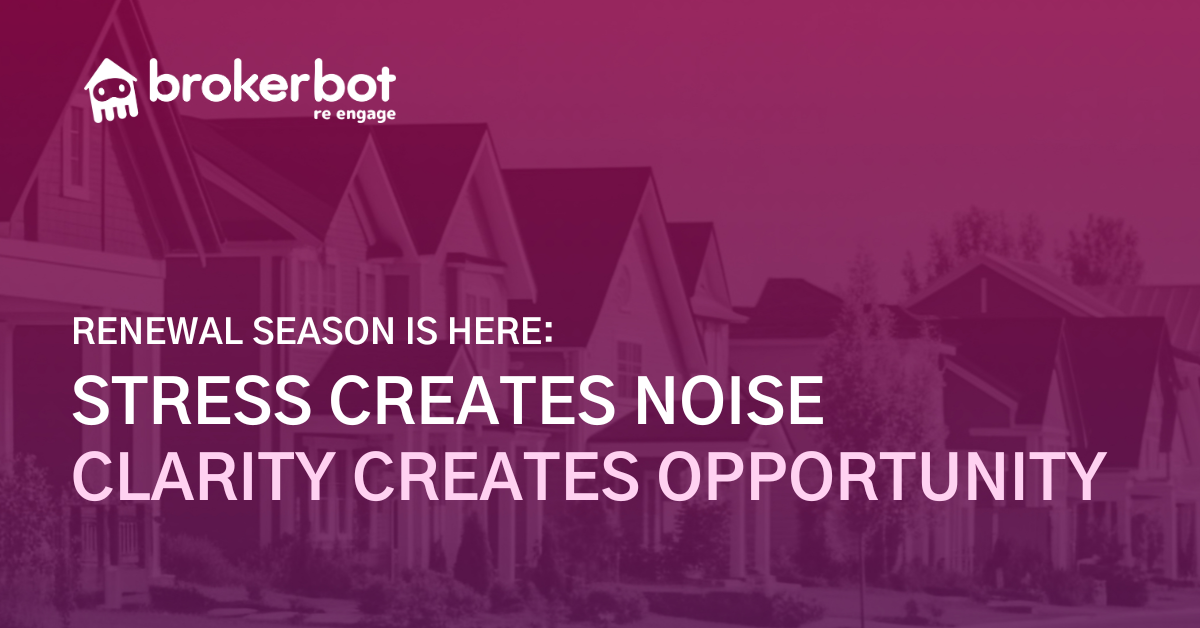Let's start with a number that should make you rethink your intake call: 82% of Americans now use AI tools to research the housing market. Not considering it, not dabbling, but using it. Your Canadian clients? They're probably doing the same.
The Shift Is Already Here
A recent survey from Realtor.com revealed that most homebuyers and sellers have moved beyond traditional research methods. They're turning to ChatGPT, Gemini, YouTube algorithms, and TikTok explainer videos to decode everything from pre-approvals to market trends. Social media usage is nearly 90%, with platforms like YouTube (73%) and Facebook (57%) leading the charge. For Gen Z? TikTok is the go-to, with 76% saying it's a primary housing content source.
But here's the part that matters: despite all this digital dabbling, real estate agents remain the most trusted and accurate source of information. Agents scored 62% when respondents were asked which sources made them "smarter," with AI trailing closely at 61%. That's higher than family advice, news outlets, or influencers with ring lights.
Translation? Your clients are showing up informed, but not necessarily correctly informed.
The Problem With Crowdsourced Expertise
The survey uncovered a critical gap: while consumers spend time across multiple information sources, much of it doesn't actually apply to their specific market. About 40% said TV and streaming content was inapplicable, and roughly 30% found social media either irrelevant or misleading. Friends and family? They're also often wide of the mark.
A TikTok about California's housing crisis doesn't translate to Kitchener. A Reddit thread on U.S. FHA loans has zero bearing on CMHC rules. And ChatGPT, for all its conversational charm, doesn't know that your buyer's dream neighborhood just got rezoned or that rates shifted last week.
This is where the opportunity sits. Consumers aren't rejecting professional guidance, they're craving it, because they're drowning in data they can't contextualize.
What This Means for Brokers and Agents
If your clients are arriving with a pre-baked understanding of the market from YouTube and AI chatbots, your job isn't to dismiss that. It's to meet them where they are, correct what's wrong, and add the layer of expertise that no algorithm can provide: local nuance, regulatory realities, and strategic guidance.
Here's what that looks like in practice:
- Faster response times. If AI gives instant answers (even wrong ones), you can't take 24 hours to reply to a lead. Speed matters.
- Better education content. Create Canadian-specific explainers that preempt the AI garbage they'll find elsewhere. Think: "What ChatGPT gets wrong about Canadian mortgage stress tests."
- Positioning as the filter. Don't compete with AI. Be the professional who helps clients sort signal from noise. "You read that online? Here's what actually applies in this province."
The brokers who embrace this shift, who acknowledge that clients are researching digitally and position themselves as translators and validators, will own the next decade. The ones who complain that "clients think they know everything now" will be left behind.
The Bigger Picture
Canadian adoption of AI tools is likely tracking close to U.S. trends. With only 18.6% of Canadian real estate firms planning AI adoption in the next year (according to Statistics Canada), there's still a massive gap between consumer behavior and industry readiness. That's a problem if your clients are more digitally fluent than your brokerage.
This isn't about replacing agents. It's about evolution. AI tools are becoming part of the intake process, the research phase, the decision-making journey. But trust? That's still earned the old-fashioned way: through expertise, local knowledge, and the ability to tell your client when they're about to make a very expensive mistake based on a Reddit post.
Final Thought
The future of real estate isn't "AI versus agents." It's "AI-informed clients working with AI-fluent agents." If 82% of buyers are using these tools, the question isn't whether you should pay attention, it's whether you're ready to be better than the bots.
Because they're coming to you after ChatGPT. Make sure you're worth the call.





.png)
